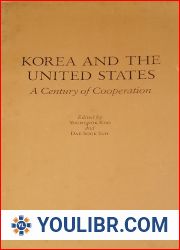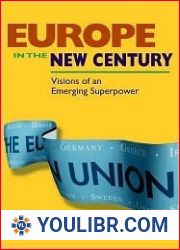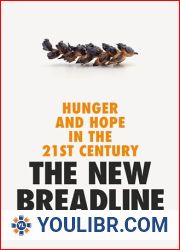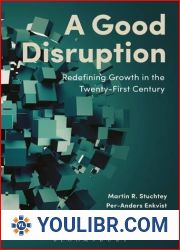
BOOKS - A Century of Populist Demagogues: Eighteen European Portraits, 1918-2018

A Century of Populist Demagogues: Eighteen European Portraits, 1918-2018
Author: Ivan T. Berend
Year: July 20, 2020
Format: PDF
File size: PDF 3.7 MB
Year: July 20, 2020
Format: PDF
File size: PDF 3.7 MB
The renowned historian Ivan T. Berend discusses populist demagoguery through the presentation of eighteen politicians from twelve European countries spanning World War I to the present. Berend defines demagoguery, reflects on its connections with populism, and examines the common features and differences in the demagogues' programs and language. Mussolini and Hitler, the and "model demagogues, and " are only briefly discussed, as is the election of Donald Trump in the United States and its impact on Europe. The eighteen detailed portraits include two communists, two fascists, and several right-wing and anti-EU politicians, extending across the full range of demagoguery. The author covers Bela Kun, the leader of the Hungarian Soviet Republic in 1919, weaving through Codreanu and Gombos from the 1930s, on to Stahremberg and Haider in Austria, and then more broadly throughout Europe from Ceauescu, Milosevic, Tudjman, Izetbegovic, Berlusconi, Wilders, to the two Le Pens, Farage, and Boris Johnson, Orban and the two Kaczynskis. Each case includes an analysis of the time and place and is illustrated with quotations from the demagogues' speeches. This book is a warning about the continuing threat of populist demagogues both for their subjects and for history itself. Berend insists on the crucial importance for Europe to understand the reality behind their promises and persuasive language as imperative to impeding their success.The renowned historian Ivan T. Berend reviews eighteen politicians from twelve European countries from World War I to the present, two communists, two fascists, and several rightwing and anti-EU militants. The portraits include persons like Haider, Milosevic, Berlusconi or Boris Johnson. The author defines demagoguery, reflects on its connections with populism, and examines the common features and differences in the demagogues' programs and language.
















































